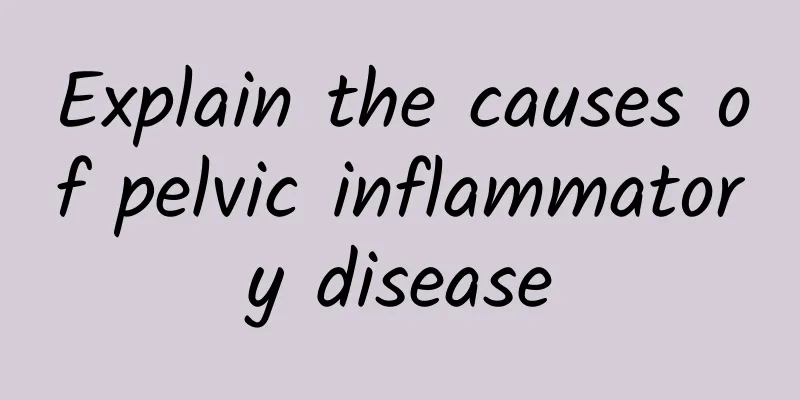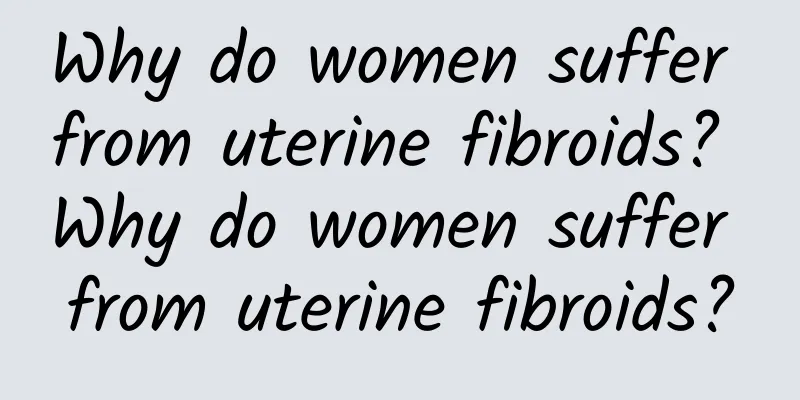Can I do HIFU ablation if my menstruation has not come?

|
Many women may feel troubled and worried when their menstruation is not coming. The question of whether HIFU ablation can be performed needs to be considered from many aspects. We need to understand the reasons for the absence of menstruation. Irregular menstruation may be caused by a variety of factors such as stress, weight changes, endocrine disorders, ovarian dysfunction, etc. It is unwise to rashly choose any surgical treatment, including HIFU ablation, before a clear diagnosis. HIFU ablation is a non-invasive treatment method commonly used to treat diseases such as uterine fibroids and adenomyosis. It uses high-intensity focused ultrasound to ablate the diseased tissue, thereby alleviating symptoms. However, this treatment method is not a panacea for all menstrual problems. If the absence of menstruation is due to thin endometrium, ovarian dysfunction, etc., HIFU ablation will not solve the problem and may bring unnecessary risks. Before considering any treatment options, it is most important to find the root cause of your missed periods. It is recommended that you first go to the hospital for a detailed examination and diagnosis to understand your physical condition. The doctor may recommend blood tests, B-ultrasound examinations, etc. to rule out other potential health problems. Once the cause is identified, the doctor will develop a corresponding treatment plan based on the specific situation, which may include medication, lifestyle adjustments, etc. If there are indeed diseases such as uterine fibroids that are suitable for HIFU ablation, then this surgery may be an option under the doctor's advice. But even so, it is necessary to fully understand the risks and effects of the surgery and weigh the pros and cons. After all, surgery is a more radical treatment method and should only be considered when other methods are ineffective or symptoms seriously affect the quality of life. In daily life, maintaining good living habits can also help regulate the menstrual cycle. For example, maintaining a regular work and rest schedule, avoiding excessive fatigue and mental stress, paying attention to a balanced diet, and doing appropriate physical exercise can all help improve endocrine function and promote the normal onset of menstruation. In the face of irregular menstruation, a scientific and rational attitude and professional medical advice are the most reliable. I hope that this information can help female friends who have similar problems. |
<<: Does endometriosis increase prolactin?
>>: How to quickly solve dysmenorrhea? These few tips for treating dysmenorrhea (2)
Recommend
Eat more colorful peppers and semi-vegetarian dishes to prevent chronic diseases during the Spring Festival
When you have a reunion dinner during the Chinese...
Factors that cause ectopic pregnancy in women
Ectopic pregnancy is common in life, and many peo...
Carina Lau's sweet potato detox diet: not encouraged by slimming experts
For many mature women, an extra piece of fat on t...
What is exercise intensity and exercise dosage? Rehabilitation Physician: 7 Essential Conditions for a Complete Exercise Prescription
As modern society becomes more and more convenien...
What to do with acute pelvic inflammatory disease?
What to do with acute pelvic inflammatory disease...
Will using electric knife to treat cervical erosion affect fertility?
Will using electric knife to treat cervical erosi...
What are the symptoms of menopause in women?
Menopause is something that every woman must go t...
Endocrine disorders can easily lead to vulvar leukoplakia
As a very common gynecological disease, vulvar le...
How dangerous is pelvic inflammatory disease?
How harmful is pelvic inflammatory disease? I bel...
Korean body shaping queen Zheng Duolian teaches you how to lose weight easily after giving birth (Part 2)
Body shaping queen Zheng Duolian does this! Q: In...
What is the TCM name for chronic cervicitis? How does TCM treat chronic cervicitis?
There are many kinds of gynecological diseases, a...
What are the typical symptoms of female ovarian cysts? We need to know
Ovarian cyst is a very common gynecological disea...
Can I have children with endometriosis?
Women with endometriosis can have children, but m...
How can I regulate my irregular menstruation? Does delayed menstruation mean irregular menstruation?
How to deal with irregular menstruation and delay...
Should I remove my ovaries for an ectopic pregnancy?
Whether ectopic pregnancy requires ovarian remova...









